Deep Learning excels in analyzing pictures & videos and creating facsimiles or combining styles. People are using generative AI tools like ChatGPT or Midjourney increasingly frequently. And there is an explosion of simple tools (like the Deep Dream Generator or DeepAI) that use Convolutional Neural Networks to combine your photo with an art style (if you want to do it on your phone, check out Prisma). Here are some example photos.

via SubSubRoutine
The same foundation that allows us to create these cool art amalgamations also can create deepfakes. A Deepfake is precisely what it sounds like … they use "Deep Learning" to "Fake" a recording. For example, a machine learning technique called a Generative Adversarial Network can be used to superimpose images onto a source video. That is how they made this fun (and disturbing) Deepfake of Jennifer Lawrence and Steve Buscemi.
Another interesting technology can create AI-powered replicas of someone that don't just look and sound like them – they can respond like them too. Examples of this are seen in tools like Replica Studios or Replika. One of the artistic uses people have been exploring recently is getting unlikely characters to sing famous songs. These chatbots have also been used by lonely men and women to create virtual paramours.
The three basic uses of deep learning (described above) are being combined to create a lot of real mainstream applications … and the potential to create convincing fakes.
Deepfakes can be fun and funny … but they also create real concerns. They're frequently used for more "nefarious" purposes (e.g., to create fake celebrity or revenge porn and to make important figures say things they never said). You've likely seen videos of Trump or Biden created with this technology. But it is easy to imagine someone faking evidence used at trial, trying to influence business transactions, or using this to support or slander causes in the media.
As fakes get better and easier to produce, they will likely be used more often.
On a more functional note, you can use these technologies to create convincing replicas of yourself. You could use that replica to record videos, send voicemails, or participate in virtual meetings for you. While I don't encourage you to use it without telling people you are, even just using the technology puts you a step ahead.

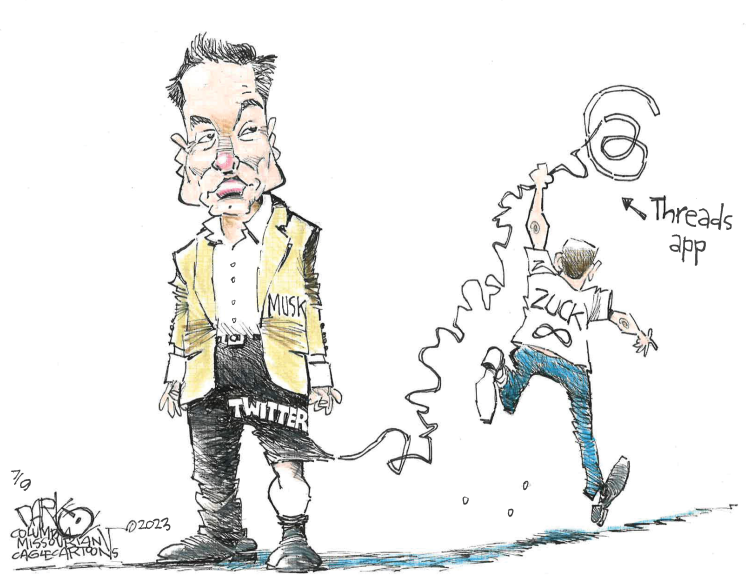


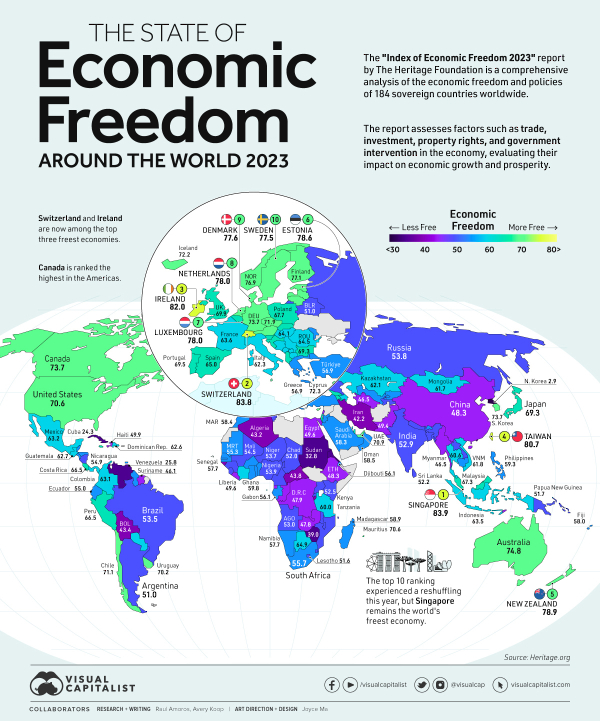
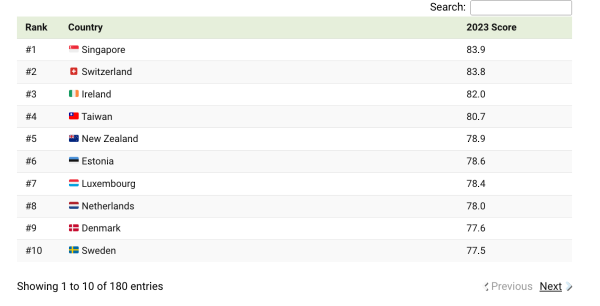
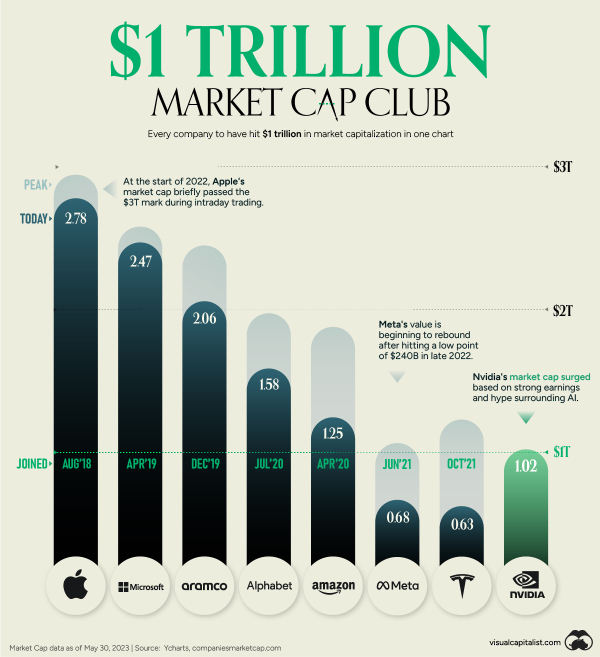 via
via 
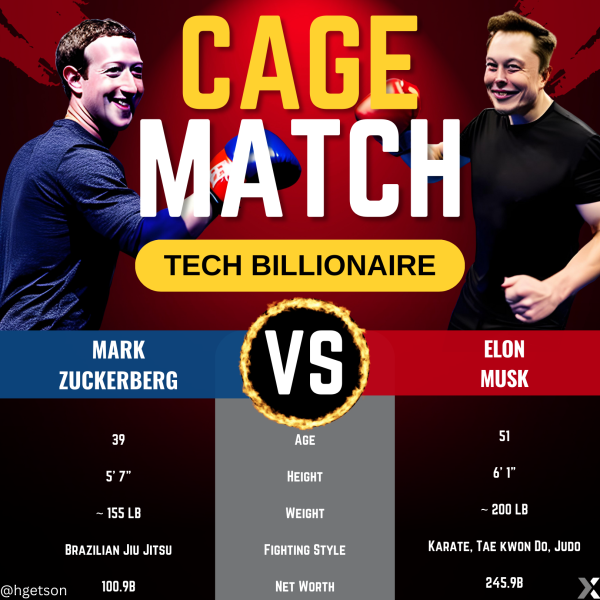


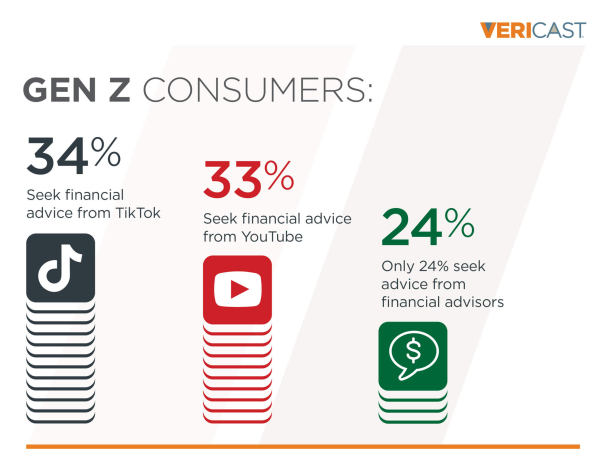 via
via